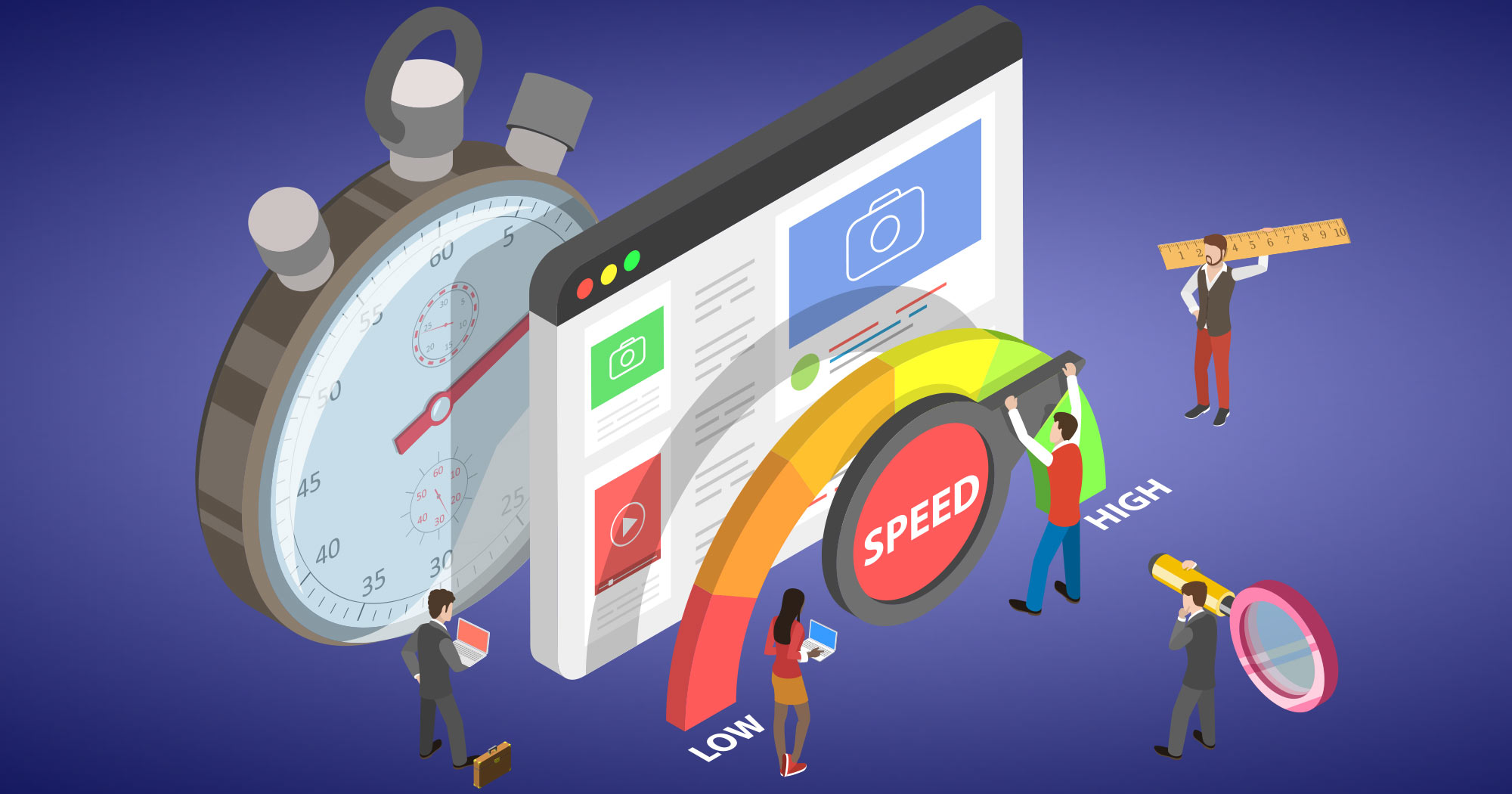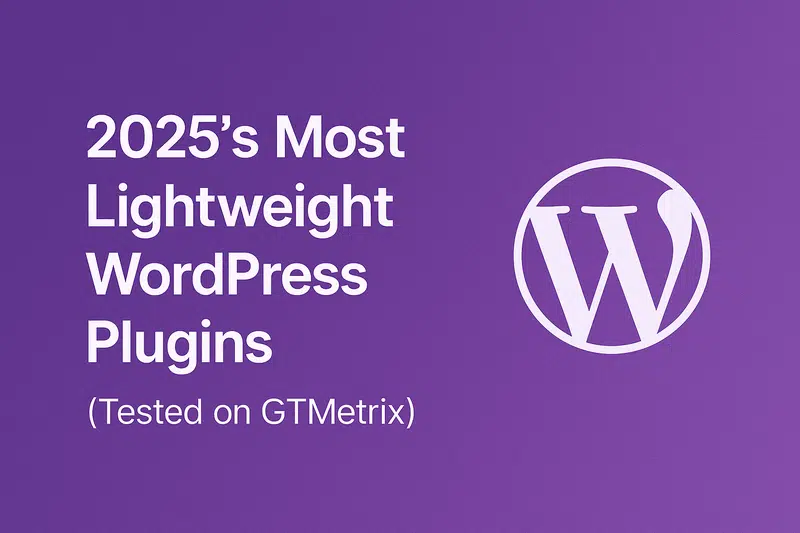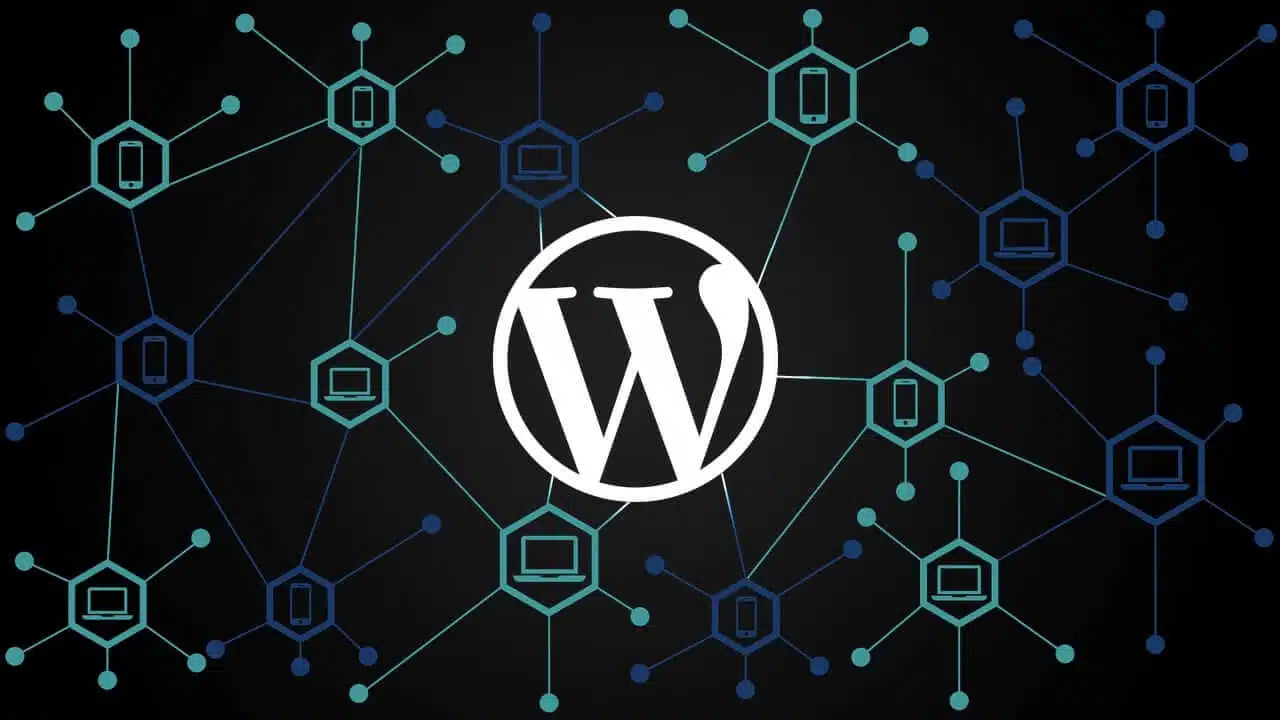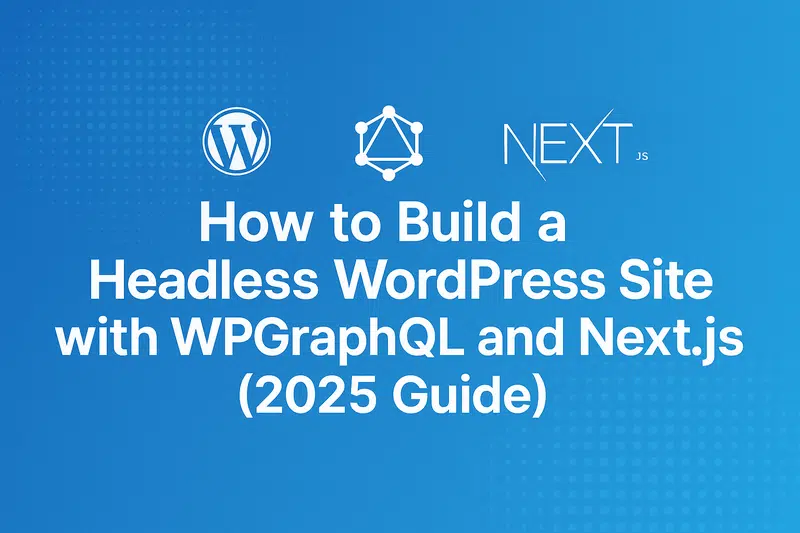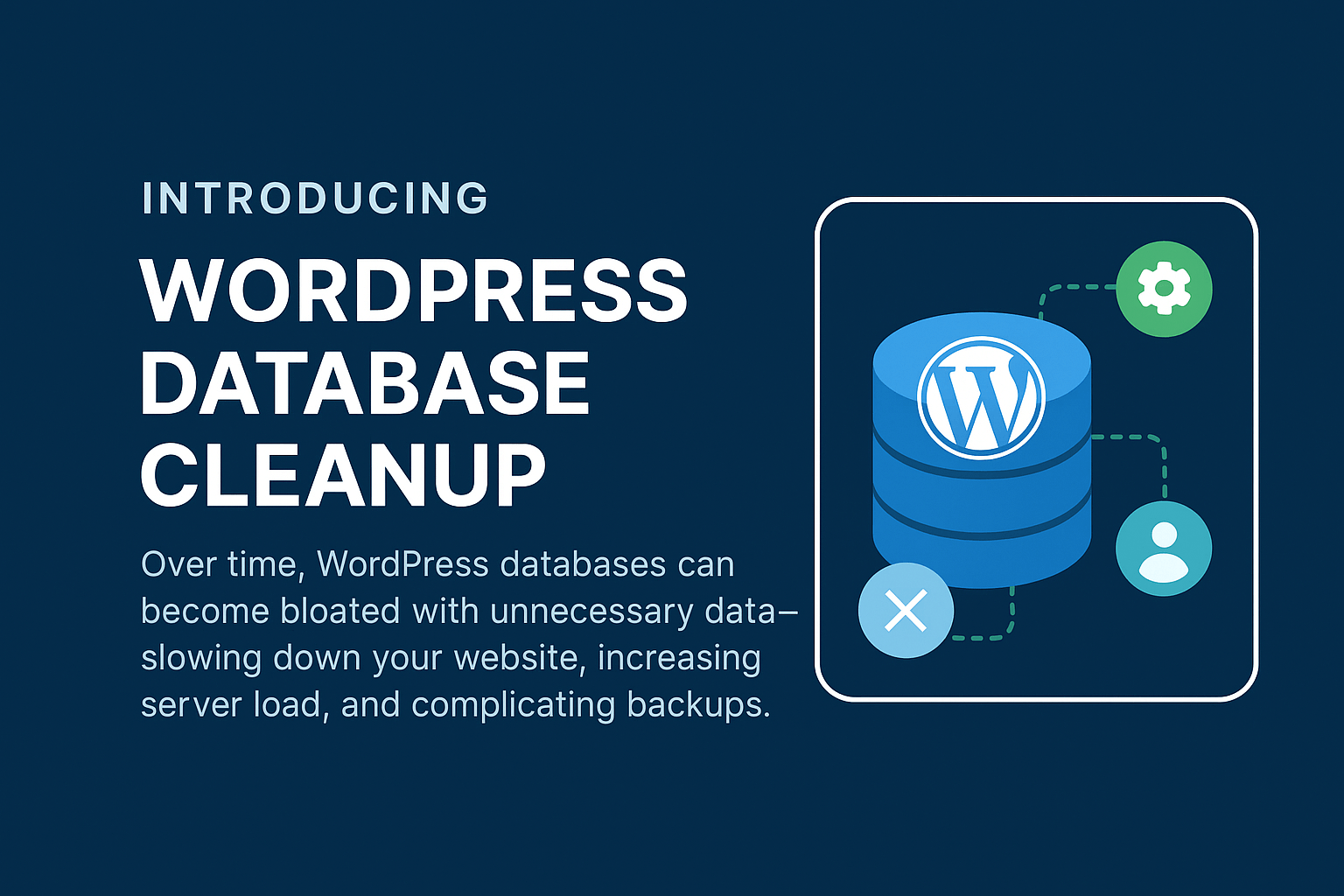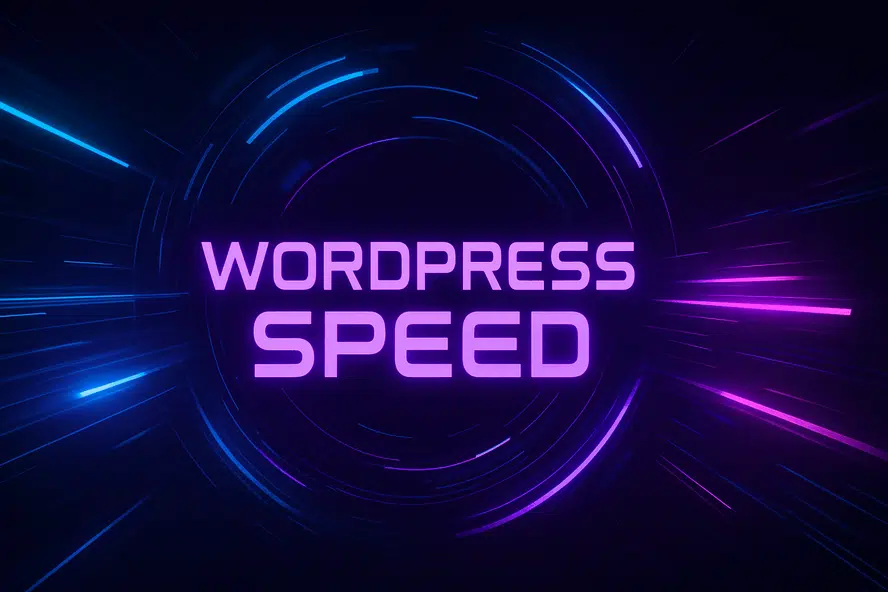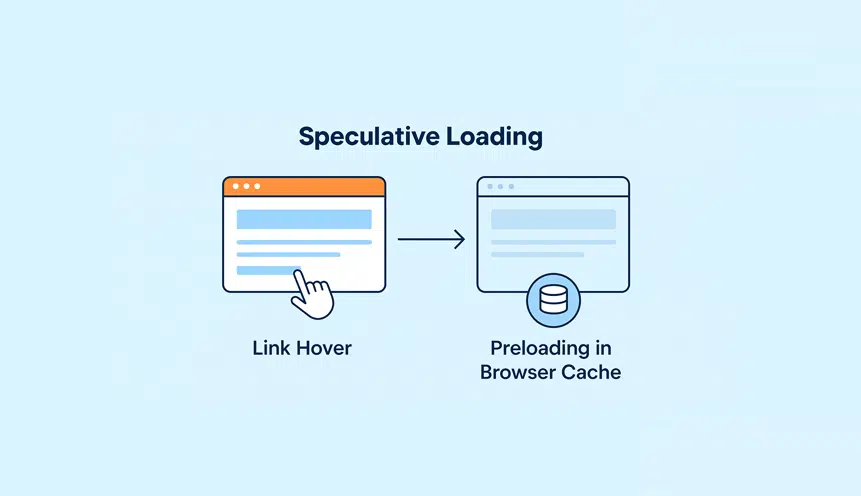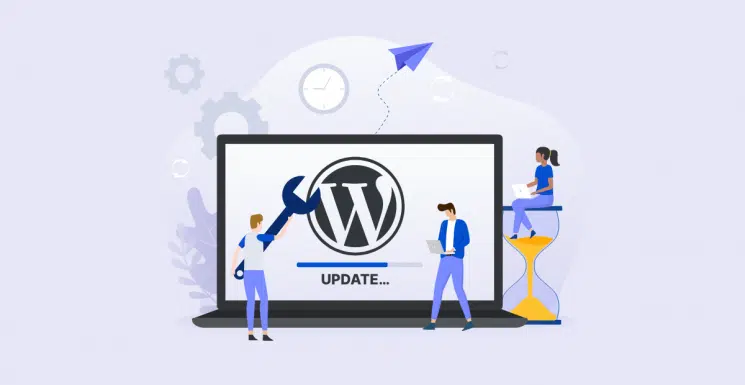Boost Website Performance: Effective Ways to Speed up your WordPress Site
In today’s fast-paced digital world, website speed plays a crucial role in user experience and search engine rankings. A slow-loading website can lead to high bounce rates, lower conversions, and dissatisfied visitors. If you own a WordPress website, there are several ways to optimize its performance and ensure a fast, seamless experience for your users. In this article, we will explore effective ways to speed up your WordPress site and boost its overall performance.
1. Choose a Reliable Hosting Provider:
The foundation of a fast WordPress website starts with a reliable Hosting provider. Opt for a Hosting provider that offers excellent server performance and uptime. Look for features like solid-state drives (SSD), Content Delivery Network (CDN) integration, and server caching to enhance your website’s speed.
2. Use a Lightweight and Optimized Theme:
The theme you choose for your WordPress site significantly impacts its performance. Select a lightweight and highly optimized theme that focuses on speed and efficient code. Avoid themes with excessive features and functionalities that can slow down your site.
3. Optimize Images for Web:
Images contribute significantly to the overall page size and load time. Optimize your images for the web by compressing them without compromising quality. Use plugins like Imagify or Smush to automatically optimize images as you upload them to your WordPress site. Additionally, consider lazy loading images to only load images when they come into the viewport, further enhancing your website’s speed.
4. Utilize a Content Delivery Network (CDN):
A Content Delivery Network (CDN) helps in speeding up the delivery of your website’s static content by distributing it across multiple servers worldwide. When a user accesses your site, the CDN serves the content from the server closest to them, reducing latency and improving loading speeds. Popular CDN providers include Cloudflare, MaxCDN, and Amazon CloudFront.
5. Minify CSS and JavaScript Files:
Minifying CSS and JavaScript files involves removing unnecessary characters, white spaces, and line breaks from your website’s code, reducing file size and improving load times. Use plugins like Autoptimize or W3 Total Cache to automatically minify and combine your CSS and JavaScript files, ensuring a faster website.
6. Enable Caching:
Caching plays a crucial role in reducing server load and speeding up your WordPress site. By caching static content, such as HTML pages, CSS, and JavaScript files, you can serve these files directly to users, rather than generating them every time a visitor lands on your site. Popular caching plugins include W3 Total Cache, WP Rocket, and WP Super Cache.
7. Limit the Use of Plugins:
While plugins offer additional functionality and flexibility, using too many plugins can negatively impact your website’s performance. Only install essential and well-optimized plugins, and regularly review and remove any unused or unnecessary ones.
8. Optimize Your Database:
Optimizing your WordPress database can significantly improve your website’s performance. Use plugins like WP-Optimize or WP-Sweep to clean up unwanted data, such as post revisions, spam comments, and expired transients. Regularly optimize your database to ensure efficient operations.
9. Enable GZIP Compression:
GZIP compression reduces the size of your website’s files before they are sent to the user’s browser, resulting in faster loading times. Enable GZIP compression by adding the appropriate code to your website’s .htaccess file or using a plugin like WP Rocket.
10. Monitor and Analyze Website Performance:
To ensure your website continues to perform optimally, monitor and analyze its performance regularly. Tools like Google PageSpeed Insights, GTmetrix, or Pingdom provide detailed reports on your website’s loading speed, identify bottlenecks, and suggest improvements.
FAQs
Q: What is the average loading time considered acceptable for a WordPress website?
A: Ideally, a WordPress website should load within 2 to 3 seconds. However, the faster, the better. Aim for a loading time under 2 seconds for an optimal user experience.
Q: Do all Hosting providers offer SSD and CDN integration?
A: No, not all Hosting providers offer SSD and CDN integration by default. Research and choose a Hosting provider that offers these features or consider a separate CDN provider for optimal performance.
Q: Can I use multiple caching plugins simultaneously?
A: It’s generally not recommended to use multiple caching plugins simultaneously, as they might conflict with each other and cause issues. Choose one well-optimized caching plugin that suits your needs and avoid installing redundant ones.
Q: What is the impact of a slow-loading website on SEO?
A: Slow-loading websites negatively impact SEO as search engines prioritize websites with faster loading times. A slow website can lead to lower rankings and decreased organic traffic.
Q: Are there any tools to help with image optimization?
A: Yes, several plugins can help optimize images for the web. Popular ones include Imagify, Smush, and ShortPixel. These plugins automatically optimize your images without sacrificing quality.
In conclusion, optimizing the performance and speed of your WordPress site is crucial for user experience and search engine rankings. By following these effective ways, such as choosing a reliable Hosting provider, optimizing images, enabling caching, and minifying code, you can enhance your website’s performance, load times, and overall user satisfaction. Regularly monitor and analyze your website’s performance to identify areas of improvement and ensure a seamless browsing experience for your visitors.
Post Summary:
In today’s digital world, website speed is incredibly important for user experience and search engine rankings. Slow-loading websites can lead to high bounce rates, lower conversions, and dissatisfied visitors. If you have a WordPress website, there are several ways to improve its performance and ensure a fast experience for your users. These include selecting a reliable Hosting provider, using a lightweight theme, optimizing images, utilizing a content delivery network (CDN), minifying CSS and JavaScript files, enabling caching, limiting the use of plugins, optimizing your database, enabling GZIP compression, and monitoring website performance. Follow these tips to boost your WordPress site’s speed and overall performance.





